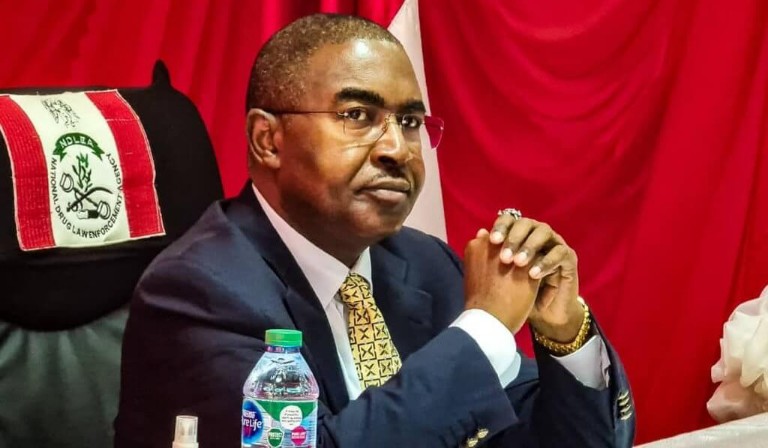“His heart carries burdens too heavy to bear. No wonder many men die young—of strokes, high blood pressure, depression, and silent heart attacks.”
How I wish wives truly understood the battles their husbands are fighting every single day.
Men are traditionally burdened with responsibility from the moment they are born. They grow up with an innate sense of duty—trained to provide, protect, and endure, even in silence.
From a young age, men are expected to be strong, composed, and selfless. They must bear the financial weight of their homes, shoulder the emotional burdens of their families, and still show up at work with a brave face—navigating pressures and problems no one else sees.
The responsible ones among them carry not only the burdens of their nuclear families but also the troubles of their extended families—many of whom are ungrateful and become envious enemies disguised as loved ones.
These men are expected to solve everyone’s problems, provide financial support for siblings, parents, cousins, and even distant relatives—often at the expense of their own peace and progress.
African men, in particular, are molded to serve others before themselves. They are taught not to cry, not to complain, and never to appear weak. Society has little sympathy for a man who admits he is tired. Instead, he is seen as a failure if he cannot “man up” and meet every demand placed on him.
Friends and family, rather than offering support, often become a source of deep stress. Progress in an African man’s life can breed resentment.
Those who once celebrated him start to compete with him, mock him behind his back, or drain him with endless requests. The man who is doing well is seen as a bank, not a brother.
Even the staff in his office are not left out. Only God knows how many babalawos, alfas, or pastors they have taken his matter to, trying to control or manipulate him.
I remember when my brother and friend was elected governor of Oyo State. We were together in his private car. Everyone was calling him, telling him what to do or what not to do.
He received over 70 calls, all trying to take control of his government—even people who had worked for the opposition during the election. At some point, he turned to me and asked, “Wole, is this how things work? Everyone wants to control and hijack my government.”
This is why many males suffer in silence. The pressure mounts, but there’s no safe space to talk. No one checks in on the man who seems to be “doing okay.”
Meanwhile, his heart carries burdens too heavy to bear. No wonder many men die young—of strokes, high blood pressure, depression, and silent heart attacks.
This is why a wise woman must be her husband’s peace. When the world is at war with him, he should find rest in her. A good wife provides emotional balance, speaks calmness into his soul, and allows him to breathe. Nagging, constant complaints, and unrealistic expectations only break him faster.
A man who finds peace at home will live longer, think clearer, and perform better. He doesn’t need a perfect wife—just one who understands his silent wars. Her support can give him the strength to face another day. Her encouragement can be the reason he doesn’t give up.
Wives must learn to study their husbands the way they expect their husbands to study them. They should ask: Is my husband okay? Is he resting well? Is he emotionally stable? These are life-saving questions.
A man may not say it, but his wife’s words matter more than she knows. In her tongue lies the power to build or destroy him. In her embrace lies healing. In her silence lies either peace or tension.
When men are appreciated at home, they feel safe. But when they are constantly criticised, they lose the will to try. Respect and love don’t cost money—but they can save a man’s life.
Society should also begin to change its narrative around men and mental health. It’s time to give men permission to be human. To cry. To be vulnerable. To seek help.
Behind many graves of young men are stories of overwork, unmet expectations, family betrayals, and emotional neglect. It’s time we stopped burying them early—while praising them too late.
•Mogaji Arisekola writes from Ibadan.

































